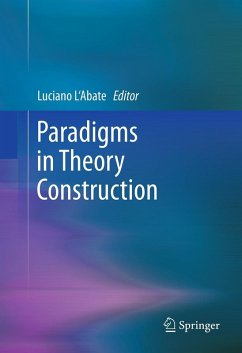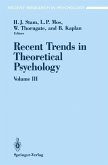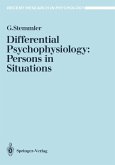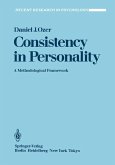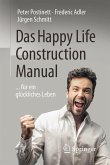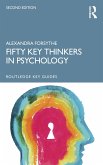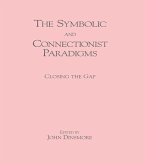Paradigms in Theory Construction Luciano L'Abate, editor
Without the framework of the paradigm supporting layers of theories,models, and data, our concept of science, and its shared mode of scholarly thought, would not exist. The concept is readily understood. But how did we get there?
Paradigms in Theory Construction classifies the collective worldviews that inform paradigms and clarifies the relationships between them, theories, and models in psychology, the hard sciences,and the social sciences. The book skillfully merges the philosophy of science with the history of scientific inquiry to explain how ideas take hold among populations,how paradigms are structured, whether they are based in logic, and under what circumstances paradigm shifts occur. Rich with historical and contemporary examples across disciplines, chapters examine the function of the paradigm for the community of scholars in major arenas of scientific pursuit, among them:
Without the framework of the paradigm supporting layers of theories,models, and data, our concept of science, and its shared mode of scholarly thought, would not exist. The concept is readily understood. But how did we get there?
Paradigms in Theory Construction classifies the collective worldviews that inform paradigms and clarifies the relationships between them, theories, and models in psychology, the hard sciences,and the social sciences. The book skillfully merges the philosophy of science with the history of scientific inquiry to explain how ideas take hold among populations,how paradigms are structured, whether they are based in logic, and under what circumstances paradigm shifts occur. Rich with historical and contemporary examples across disciplines, chapters examine the function of the paradigm for the community of scholars in major arenas of scientific pursuit, among them:
- The impact of paradigms on the evolution of science.
- Paradigms in educational theory and practice.
- Artistic, verbal, and visual paradigms.
- General-integrative paradigms, including biopsychosocial, interbehavioral, constructionism, and materialism.
- Particular-specific paradigms: humanism, behaviorism, existentialism, and others.
- The emergence of reason, intelligence, and language.
- Among all the paradigms included in this volume, information processing has become the reigning paradigm for this century.
Dieser Download kann aus rechtlichen Gründen nur mit Rechnungsadresse in A, B, BG, CY, CZ, D, DK, EW, E, FIN, F, GR, HR, H, IRL, I, LT, L, LR, M, NL, PL, P, R, S, SLO, SK ausgeliefert werden.

